How to Start a Community with No Audience
People join communities to meet others like them. This makes who is already in your community is part of the value you offer. Which is why the beginning stages of starting a community before you have any members are hard! No one wants to be the first one on the dance floor.
How can you deal with this chicken and the egg conundrum and find your first members?
Audience vs. Community
An audience is different than a community. This is how I define them:
An audience is a bunch of people who are potential customers for whatever you sell. You know that because they've shown interest in you or your business in some way.
A community is a group of members of your audience who have somehow committed to connecting and growing with each other.
If you already built an audience, then finding the people within your audience who are interested in becoming a community is your next step.
But what if you don't have an audience and are starting from scratch?
The 4 ideas below will help you skip building a big audience and go straight to building community.
1. Reach out to people 1:1
The best way to start a community is to reach out to people and meet 1:1.
Whoever is interested in what you're doing, whether you follow the same people on Twitter, connected on LinkedIn 10 years ago or followed each other on Instagram at a party, reach out to them. Even if it's 5 people, if they have an interest or goal in common, you'll learn about yourself and your new community from connecting with them.
This doesn't mean pitch your thing to anyone who will listen. The people you reach out to 1:1 ideally have shown some interest in both the problem your community will solve and in being willing to connect with others. The conversations you're having with them should not be not sales conversations.
The most valuable thing new connections can offer you is their thoughts and opinions on your topic. So just ask questions and listen! And then stay in touch with them until you're ready to invite them to your community.
Once your community is ready to launch, you'll not only be more confident in what you put out in the world because you got feedback from people who are potential members, but you'll already have a small group who is invested in your success. The sales conversation will feel more honest at that point.
This is by far the most foolproof way to build a community but most of us don't do it because it feels inefficient, it's vulnerable and involves rejection. Yes, not everyone will answer your Twitter DMs or cold emails. But some will, and they are likely enough to get you started or at the very least unstuck.
2. Launch things that don't require too many people
The word launch seems to make people think of parties and trumpets and champagne and a big goal. But your community launch doesn't have to be big. In fact, when you're getting started, it's better to have less people and offer them more value than attract a lot of people who end up disappointed.
This usually means starting your community with some other experience that adds value to members, even if you don't have a huge group of people.
Here are some ideas of what that can be:
A mastermind or peer group like Danielle Maveal's Community Support Sessions.
An accountability challenge like 30 Days in Public.
A course like Minimum Viable Kitchen.
A virtual weekend retreat like Petminded's Dog Science Camp.
All of these can work even if only like 3 people sign up.
With a smaller group you'll have time to build relationships with everyone who signs up and give them a great experience. They'll be excited to help your community grow after this initial phase.
3. Start with events
When you think of community, you might picture your favorite community platform like Facebook groups, Slack or Circle. But your community extends beyond any one platform and you in fact don't even need text-based platform to have a community.
One way to start is to host events and invite those who may be interested to join you. The theme of the events should be aligned with the community you ultimately want to build and with the problem your community will solve for your members. Inviting people 1:1 and encouraging them to bring friends will get your first signups.
Each event should be a microcosm of the ideal community experience you want to build. So be clear about the values of your community from the start.
What to keep in mind if you're hosting events that you hope will coalesce into community:
Think about a repeatable structure. What will keep the same people coming back?
Consider publicly charging something, but offer codes for free participation to people you invite 1:1. You'll get less no shows and more targeted participants.
Find ways to connect attendees to each other, whether through live breakout rooms or sharing contact info in a follow up email.
Find ways to co-host events with others who can promote to their own audience.
It's okay if everything is not perfect and super polished!
4. Partnerships
The best, free-est way I've seen to grow a community OR an audience is through partnerships.
In this context, a partnership is any arrangement that gets you and what you're doing in front of your audience.
You do this by finding ways to communicate with your potential community members where they're already hanging out.
This can look like:
Working with other community leaders to provide content for existing communities.
Being interviewed on a podcast (or interviewing others).
Submitting your writing to curated newsletters to feature.
Becoming Twitter friends and interacting with others with complementary audiences publicly.
Start by making a list of all the places your ideal community members hang out. Then start reaching out to places with a similar size audience to yours. Once you understand how you can best add value, start reaching out to those with larger audiences.
The idea here is to offer value and then ask the audience to opt in to hear about more.
General growth hacks that startups and large companies use don't necessarily work in community businesses. It's important to take actions that are appropriate for the phase of your community and where you want to take it. This way, you're able to get through the tough early stages by building and selling with authenticity and confidence.
Know anyone thinking of starting a community? I hope you'll share these ideas with them!

